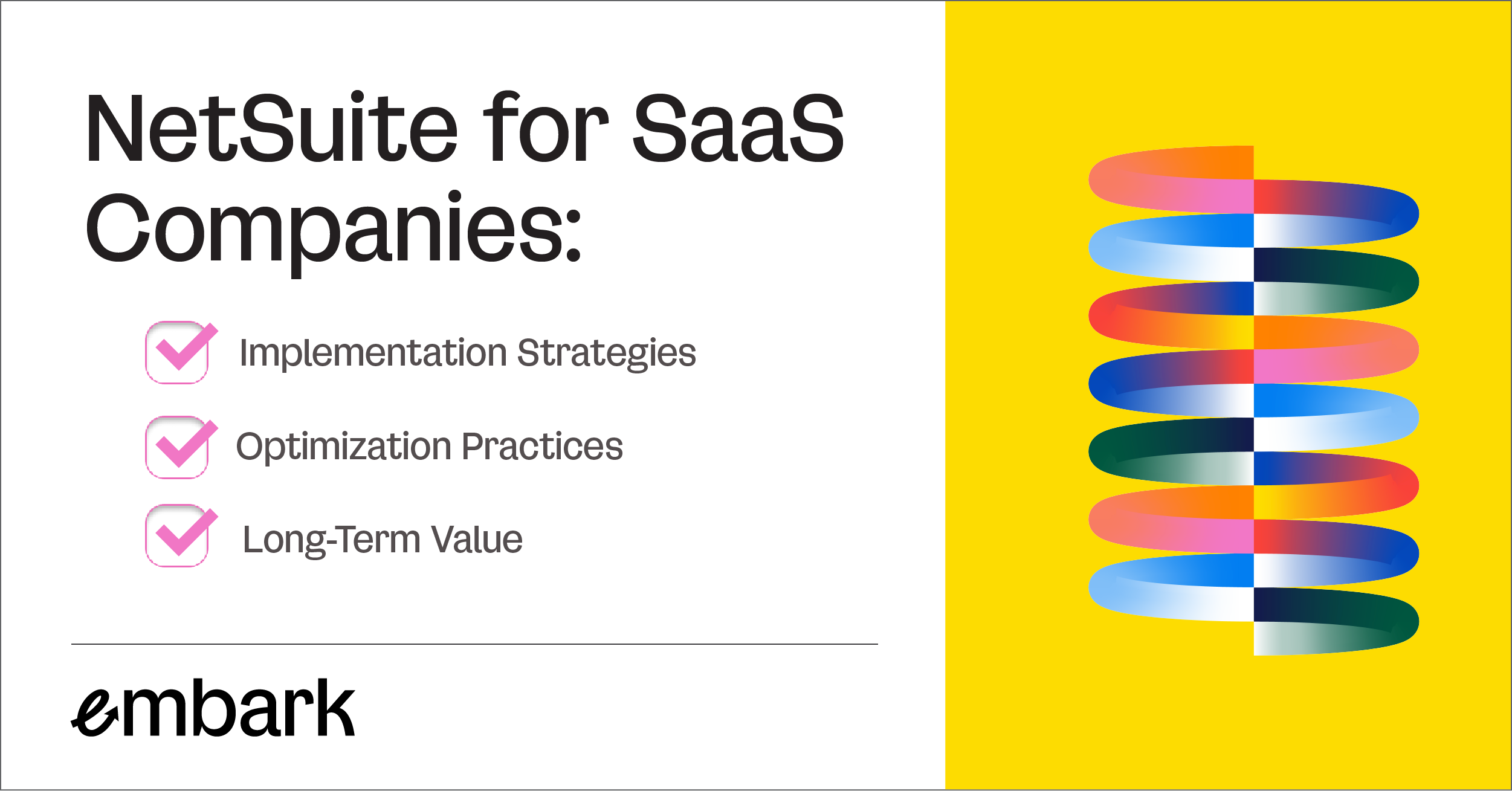Stock comp plans walk a fine line between adding incentive to your compensation structure and creating too many additional burdens. Sure, they are uniquely capable of drawing the most out of your talent in both performance and loyalty. But, as they say, nothing is perfect in this world, and stock comp plans are no exception to that rule.
Still, a well-planned, implemented, and maintained stock comp plan can be a powerful tool in leveraging your human capital and creating competitive advantage. To help you find the best path to take relative to your specific needs and goals, Embark has collected a few thoughts and best practices to increase the odds of establishing a rousing compensation success. With a little bit of elbow grease and a lot of planning and conversation, a stock comp plan can distinguish your organization from the pack, attract and maintain critical talent, and serve as a bedrock for innovative thought and growth for years to come.
Communication Is Key
While we might not be saying anything particularly revelatory, the importance of these words cannot be overstated -- communication is critical to sound business decision-making. Of course, this notion is true for choosing the right stock compensation plan for your organization and team as well. Start this process by sitting down with management and all key stakeholders, especially your CEO, HR, and compensation committee, and meticulously run through the different plan types available. That conversation with your stakeholders should focus on particular critical questions, amongst other topics, like:
- How will the plan impact your P&L in amount and timing?
- How you will measure performance and who will own that process?
- What are the reporting needs of each stakeholder involved?
- Per month, what will be the effort for maintaining the plan?
Also, remember that every plan carries a unique set of implications along with it, so an open and productive discussion that includes the pros and cons of each choice goes a long way in helping you pick the right one from the get-go.
Likewise, ask everyone to put on their soothsaying hats and take a look down the compensation road. Be sure you’re in sync when grants or awards are given, including any new plans that might be on the horizon or any plan changes that might occur. Establishing the right stock comp plan for your organization is not an overnight process and requires time, effort, and attention. Be involved from the start, don’t be afraid to dive into the intricacies and implications involved, and set up properly-aligned expectations amongst all the stakeholders.
Understand the Valuation Models
The necessary valuations drive much of the blank stares and head scratching when discussing stock comp plans. The FASB determines the criteria on the timing of when you measure shares and derivatives. Shares are valued at the FMV (the price) on the grant date options, value other derivatives using one of the two most popular valuation methods, Black-Scholes and Monte Carlo simulations. While both are extremely complicated and use a number of different factors to arrive at a valuation, Black-Scholes is the ever-so-slightly more straightforward of the two and, thus, a popular choice with smaller companies.
Alternatively, a Monte Carlo simulation also uses advanced mathematics to find the discounted present value of shares, but features the added complexity of multiple iterations to mimic a more realistic market-based scenario. Either way, the valuation requirements of a stock comp plan are nothing to scoff at and certainly demand a solution that won’t fit on the back of a napkin. Embark advises you to know your limitations and don’t hesitate to use an outside valuation firm if the circumstances call for one.
Procrastination Doesn’t Pay
In another bit of advice that isn’t earth-shattering but can be a lifesaver, don’t put off for tomorrow what you can do today. With the exception of forfeitures, your entries are, for the most part, predictable and won’t often throw you a curve ball that breaks over home plate out of nowhere. That said, don’t wait until the end of the month to enter your data and needlessly create stress and chaos when the information was already available. Get everything done early and proceed with your life. While stock comp plans can play an essential role in your enterprise’s success, you’re ultimately not in the stock compensation business. Get in, get out, and proceed.
Of course, several other factors come into play when both choosing and maintaining a stock compensation plan. From knowing how you’ll get your earning per share data ahead of time to administrators and software, a stock comp plan needs and deserves a well-organized plan, clear and distinct goals, and reasonable expectations amongst the stakeholders for it to find success. Start with an understanding of what fits well with your organization and team, the different plan types available, and get to work. As always, Embark will be here to provide insight and advice along the way.








